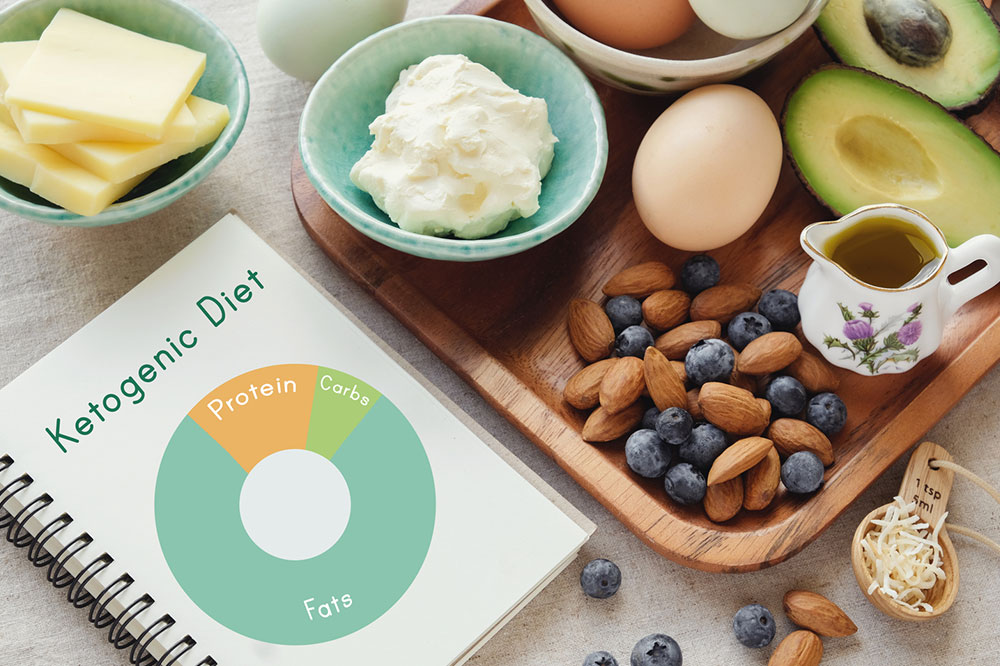
6 Common Keto Diet Mistakes to Avoid
Before settling on a weight loss diet, it’s important to understand the mechanism and the changes you’re about to introduce to your body. Once you’re well-versed with how a diet plan works, it’s imperative to read up on the common missteps one can easily fall prey to, that’ll help you consciously avoid them altogether. Here’s highlighting 6 common keto diet mistakes that you’d want to steer clear of.
Sudden change in diet
The keto diet is a high-fat diet (75%) that aims to satiate your carb cravings. Before starting the diet, it is ideal to gradually slip into it because our regular diet usually is high on carbs. A sudden decrease in the intake of carbs (20g) would be a drastic change for your body to handle. So, to benefit from a keto diet, it’s important to shed the carb intake before going full swing into the diet.
Less intake of fats
Most people are under the impression that a high-fat diet will lead them to gain more weight and thus end up consuming less fats. But the diet is constructed in a way to replace calories from carbs to fats. And when adequate amounts of fats aren’t consumed, it can impact your metabolism and hormones in the long run. While the intake of adequate fats is significant, eating the right fats is equally important.
Not drinking adequate water
Staying hydrated is important regardless of being on a diet or not. When you’re on keto, your body burns fats for fuel and causes frequent urination. Another reason to hydrate yourself is because you’re on a low-carb diet; one of the functions of carbs is to store water.
Having an all-meat diet
In lieu of more protein intake, many unconsciously resort to an all-meat diet. You must balance the diet with fibrous vegetables and fruits. Your body turns excess protein into glucose and keeps you from entering the ketosis state. Including 1/2 cup of veggies with 3 to 4 ounces of protein in the form of lean beef, pork or fish will balance micronutrients and insulin production in the body.
Lack of sodium
Your body releases more sodium when your body uses ketones for energy. If you don’t regain sodium loss, it could lead to a lack of electrolytes, making you more prone to keto flu that you’d want to avoid at all costs.
Not getting enough sleep
Adequate sleep is especially important when trying to lose weight. If your body is under any stress, it could hinder the performance of your metabolism, which tends to latch on to stored fats for a longer period. Moreover, lack of sleep increases your sugar cravings since a tired body seeks support from an extra source of energy.



